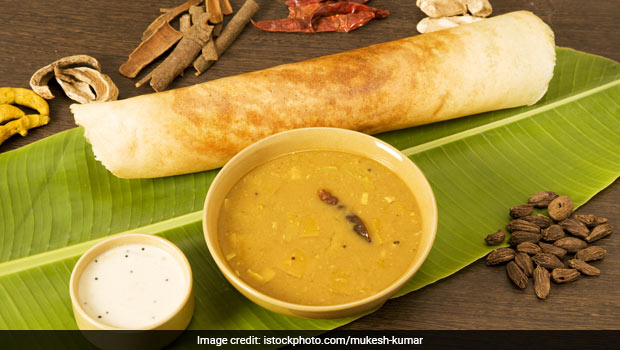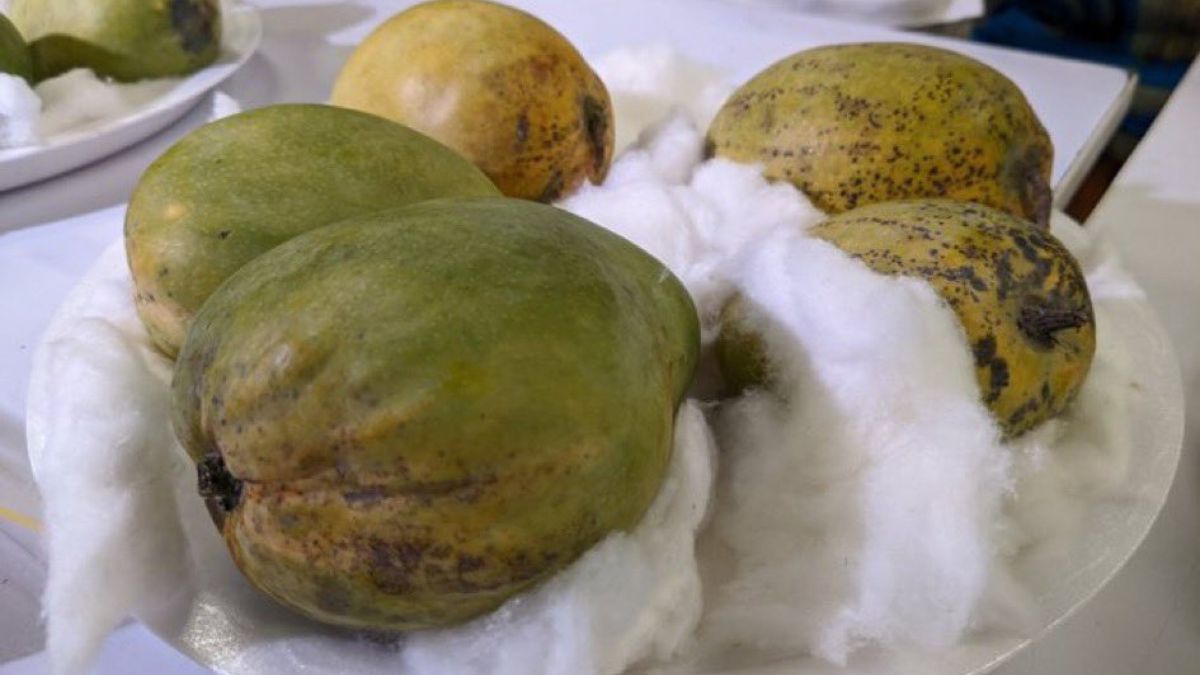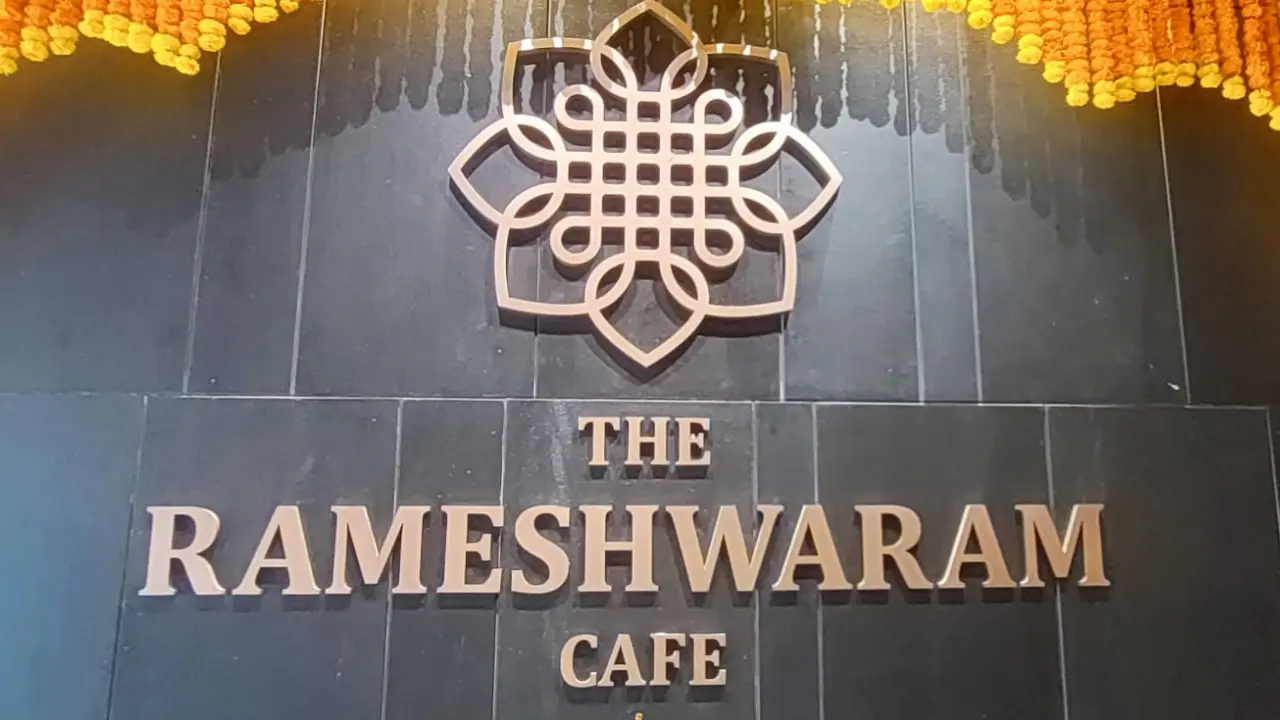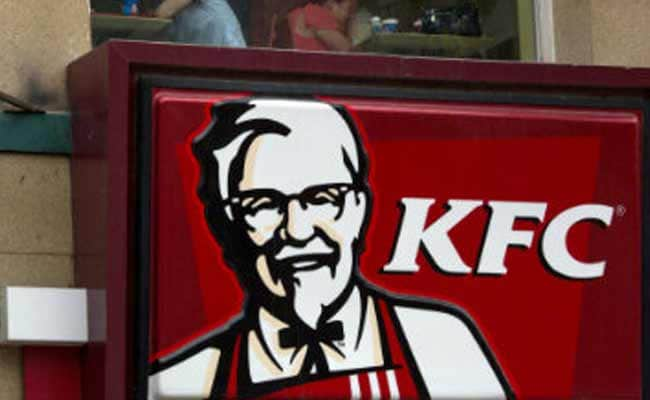Aggressive expansion by foreign rivals is eating into sales at Yum Brands Inc in India, and there is little letup in sight for its KFC and Pizza Hut restaurants that are struggling to keep pace. India accounts for only about one percent of Yum's global sales, but Asia's third-largest economy is a key growth market for companies like Yum, which are betting on an emerging middle class and its appetite for fast food.China is already Yum's biggest market for profit and sales. On Tuesday, the company posted its third straight quarter of sales declines in India, where analysts say it is being outpaced by ambitious rivals like Domino's Pizza Inc and McDonald's Corp. Adding to Yum's pain, both its restaurants and other fast food rivals face tough competition from a proliferation of smartphone apps, which allow Indians in most large cities to order a wide choice of food."Food apps have made it way easier to order from work or home, and have definitely meant I order more food in," said Sashi Menon, a software professional in Bengaluru. "Also, there are options of all kinds. That is a big plus."
Such challenges could undermine Yum's ambitions in India, where it has roughly 800 restaurants and aims to have some 2,000 within the next five to seven years."Yum in India has been consistently losing market share to Domino's, which has been very aggressive in it promotions and has even seen good same-store growth," said Arvind Singhal, chairman of consultancy Technopak. "The bigger challenge to fast food brands here is not new rivals, but food tech."CUT TO PROFIT FORECASTIndia's fast food industry is expected to grow to $4.61 billion by 2020, more than double its value of $2.11 billion in 2014, according to a Technopak report. As Indians start to spend more, competition is heating up, with foreign chains like Burger King, Wendy's, Carl's Jr. and Johnny Rockets setting up shop in the last year.Analysts said Yum had been more aggressive than some rivals in India recently in launching low-priced products to revive consumer demand in a slowing economy, a strategy that can hurt margins with food inflation relatively high."They were very aggressive in getting more and more people to their restaurants by offering cheaper products," Harminder Sahni, managing director of consultants Wazir Advisors, said. "That strategy seems to have back-fired."Yum cut its full-year profit forecast on Tuesday, mainly on a slower-than-expected recovery in China and the drag from a strong U.S. dollar. Yum's India operations did not help. In the September quarter, Yum, which operates Pizza Hut, KFC and Taco Bell restaurants, posted an 18 percent same-store sales decline in India compared to a year ago.RIVALS EYE EXPANSIONBy comparison, Jubilant Foodworks, which operates Domino's Pizza restaurants in India, is expected to register a 5 percent same-store sales growth in the latest quarter, Mumbai brokerage Edelweiss said in a report. Yum reduced the number of restaurants in India by 14 in the September quarter from the preceding quarter to 811. By comparison, Domino's Pizza had 921 restaurants across India as of August 13.Others, too, are mapping out aggressive expansion plans, complete with heavy promotions, as India's economy, emerging from a period of cooler growth, begins to accelerate. Hardcastle Restaurants Private Ltd, franchisee for south and west India operations of burger chain McDonald's, plans to set up 175 to 250 restaurants in the next 3 to 5 years, said Ranjit Paliath, vice president for business operations."The QSR (quick-service restaurant) industry in India is growing at a rapid pace given the industry's focus on affordable and competitive pricing combined with the rising consumer need for convenience and the craving for international food."The company, which now operates 213 restaurants in west and south India, plans to invest up to 7.5 billion rupees ($115.42 million) in the expansion, he said.Yum representatives in India did not immediately respond to requests for comment.
Such challenges could undermine Yum's ambitions in India, where it has roughly 800 restaurants and aims to have some 2,000 within the next five to seven years."Yum in India has been consistently losing market share to Domino's, which has been very aggressive in it promotions and has even seen good same-store growth," said Arvind Singhal, chairman of consultancy Technopak. "The bigger challenge to fast food brands here is not new rivals, but food tech."CUT TO PROFIT FORECASTIndia's fast food industry is expected to grow to $4.61 billion by 2020, more than double its value of $2.11 billion in 2014, according to a Technopak report. As Indians start to spend more, competition is heating up, with foreign chains like Burger King, Wendy's, Carl's Jr. and Johnny Rockets setting up shop in the last year.Analysts said Yum had been more aggressive than some rivals in India recently in launching low-priced products to revive consumer demand in a slowing economy, a strategy that can hurt margins with food inflation relatively high."They were very aggressive in getting more and more people to their restaurants by offering cheaper products," Harminder Sahni, managing director of consultants Wazir Advisors, said. "That strategy seems to have back-fired."Yum cut its full-year profit forecast on Tuesday, mainly on a slower-than-expected recovery in China and the drag from a strong U.S. dollar. Yum's India operations did not help. In the September quarter, Yum, which operates Pizza Hut, KFC and Taco Bell restaurants, posted an 18 percent same-store sales decline in India compared to a year ago.RIVALS EYE EXPANSIONBy comparison, Jubilant Foodworks, which operates Domino's Pizza restaurants in India, is expected to register a 5 percent same-store sales growth in the latest quarter, Mumbai brokerage Edelweiss said in a report. Yum reduced the number of restaurants in India by 14 in the September quarter from the preceding quarter to 811. By comparison, Domino's Pizza had 921 restaurants across India as of August 13.Others, too, are mapping out aggressive expansion plans, complete with heavy promotions, as India's economy, emerging from a period of cooler growth, begins to accelerate. Hardcastle Restaurants Private Ltd, franchisee for south and west India operations of burger chain McDonald's, plans to set up 175 to 250 restaurants in the next 3 to 5 years, said Ranjit Paliath, vice president for business operations."The QSR (quick-service restaurant) industry in India is growing at a rapid pace given the industry's focus on affordable and competitive pricing combined with the rising consumer need for convenience and the craving for international food."The company, which now operates 213 restaurants in west and south India, plans to invest up to 7.5 billion rupees ($115.42 million) in the expansion, he said.Yum representatives in India did not immediately respond to requests for comment.
Advertisement






